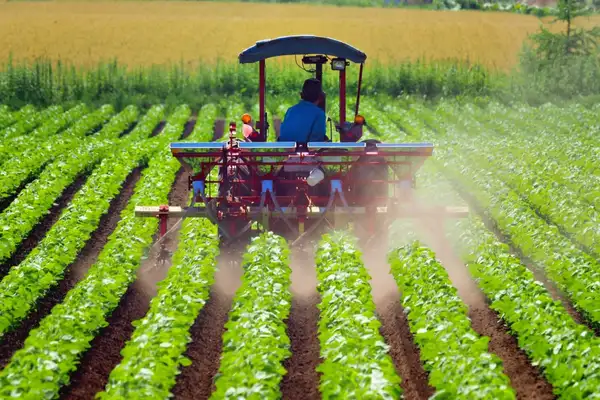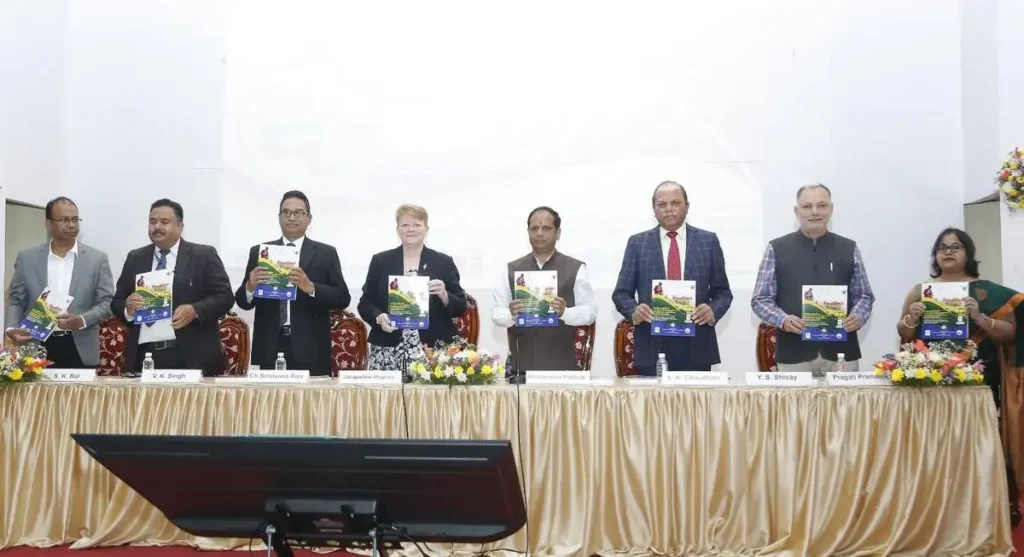Director General (DG) Indian Council of Agricultural Research highlighted Precision Farming as the future of crop production at the inaugural session of the national seminar on “Smart Technologies for Sustainable Agriculture and Environment.”
About Precision Farming:
- Also known as precision agriculture, is a farm management approach that utilizes information technology and various tools to optimize crop and soil conditions for maximum productivity.
- It aims to manage and distribute inputs such as water, fertilizer, and pesticides on a site-specific basis, thereby optimizing crop production while minimizing resource input.
Impact:
- Increases productivity: Precision farming techniques enable farmers to tailor management practices and optimize inputs to specific areas within a field, leading to improved yields and profitability of agriculture.
- Resource efficiency: By precisely applying inputs only where and when needed, precision farming significantly reduces the waste of water, fertilizer, pesticides, and fuel, contributing to more sustainable agricultural practices.
- Cost savings: Minimizing input use and maximizing yields help in reducing the overall costs, enhancing the profitability of farmers.
- Environmental benefits: Precision farming practices contribute to environmental sustainability by reducing the application of crop inputs, which in turn minimizes fertilizer runoff in waterways, mitigating impacts such as water pollution and soil degradation.
- Enables strategic decision-making: Farmers can make more informed and strategic decisions regarding crop management aspects thanks to the detailed insights provided by precision agriculture technologies.
Challenges:
- Cost: High initial investment costs for precision farming technologies pose a challenge, especially for small-scale farmers.
- Technical expertise: The requirement for knowledge in technology and data analysis can be a barrier for farmers lacking access to adequate training and support.
- Data management: Handling the vast amounts of data generated can be complex and time-consuming.
- Connectivity: Reliable internet access and network coverage, essential for real-time data transmission and remote monitoring, may be lacking in rural areas.
- Privacy and data security: Concerns may arise regarding the sharing and ownership of sensitive farm data.
- Absence of uniform standards: The lack of standardization in technologies and practices can complicate the adoption and effective use of precision farming.
Ref: Source
| UPSC IAS Preparation Resources | |
| Current Affairs Analysis | Topperspedia |
| GS Shots | Simply Explained |
| Daily Flash Cards | Daily Quiz |



